Samsung Galaxy Z Flip 6 — 5 reasons to buy and 3 reasons to skip
Should you get Samsung's latest foldable flip phone?
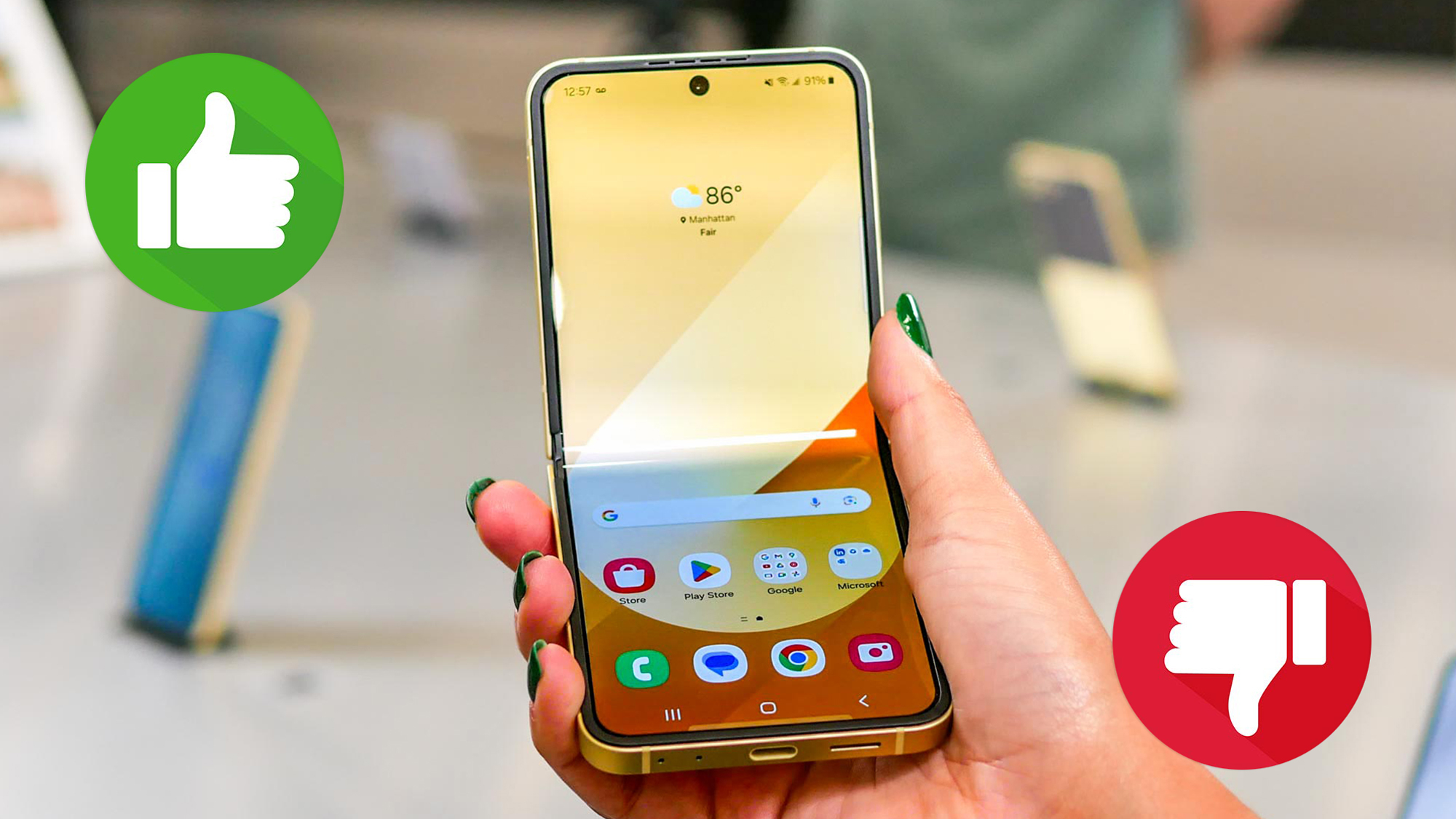
The Galaxy Z Flip 6 has arrived, looking a lot like its predecessor on the surface. But don't dismiss this phone out of hand — Samsung has introduced several key changes to the Galaxy Z Flip that could make it worth the upgrade from one of Samsung's earlier foldable phones.
But is it a good upgrade from your current phone? Our testing is ongoing at the moment, but our early Galaxy Z Flip 6 hands-on found come changes worth trumpeting about Samsung's foldable flip phone. Whether those improvements should have you reaching for your wallet is entirely up to you.
That said, you may have to decide quickly. The Galaxy Z Flip 6 ships on July 24, and you'll have to act before then if you want to take advantage of any Galaxy Z Flip 6 preorder deals. Here's a closer look at why you might want to buy the Galaxy Z Flip 6, along with reasons for giving this update a pass.
Galaxy Z Flip 6: Reasons to buy
Camera improvements
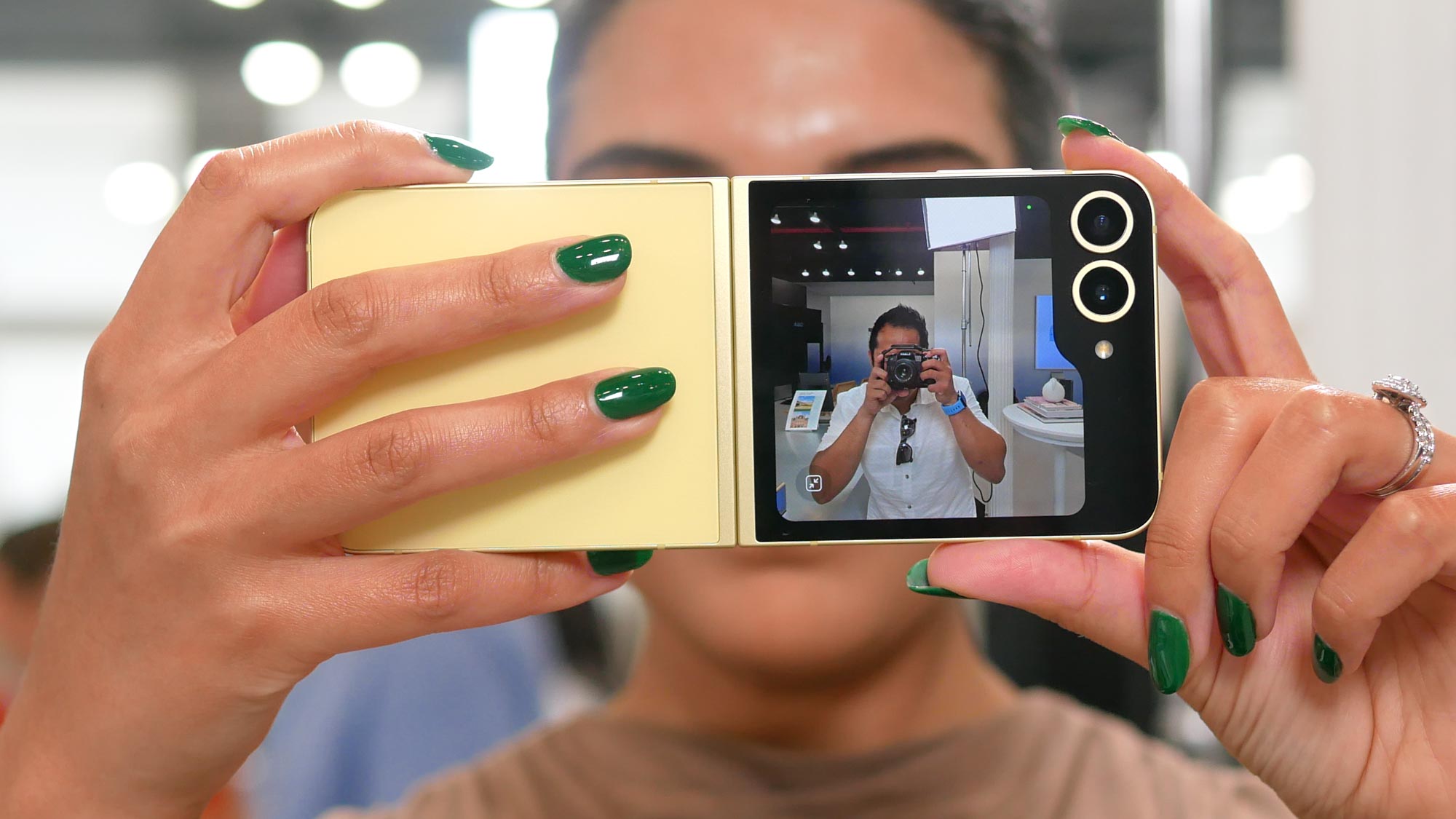
Easily, the most significant hardware change Samsung made to the Galaxy Z Flip 6 involves the phone's main camera. After using a 12MP sensor throughout the history of the Galaxy Z Flip lineup, Samsung switched to a 50MP shooter for this version.
Yes, that should make for some more detailed shots at higher resolutions than you're used to on the Flip, but the new phone has another camera trick up its sleeve. The Galaxy Z Flip 6 can use pixel-binning to offer the equivalent of a 2x optical zoom, effectively giving the phone improved zoom capabilities without have to make space for a dedicated telephoto lens.
Contrast that approach with the Motorola Razr Plus (2024), which replaced its ultrawide camera with a zoom lens. The Galaxy Z Flip 6 still lets you use an ultrawide shooter, but it has zoom capabilities, too, that match the 2x zooms that the Razr Plus can deliver.
A bigger battery
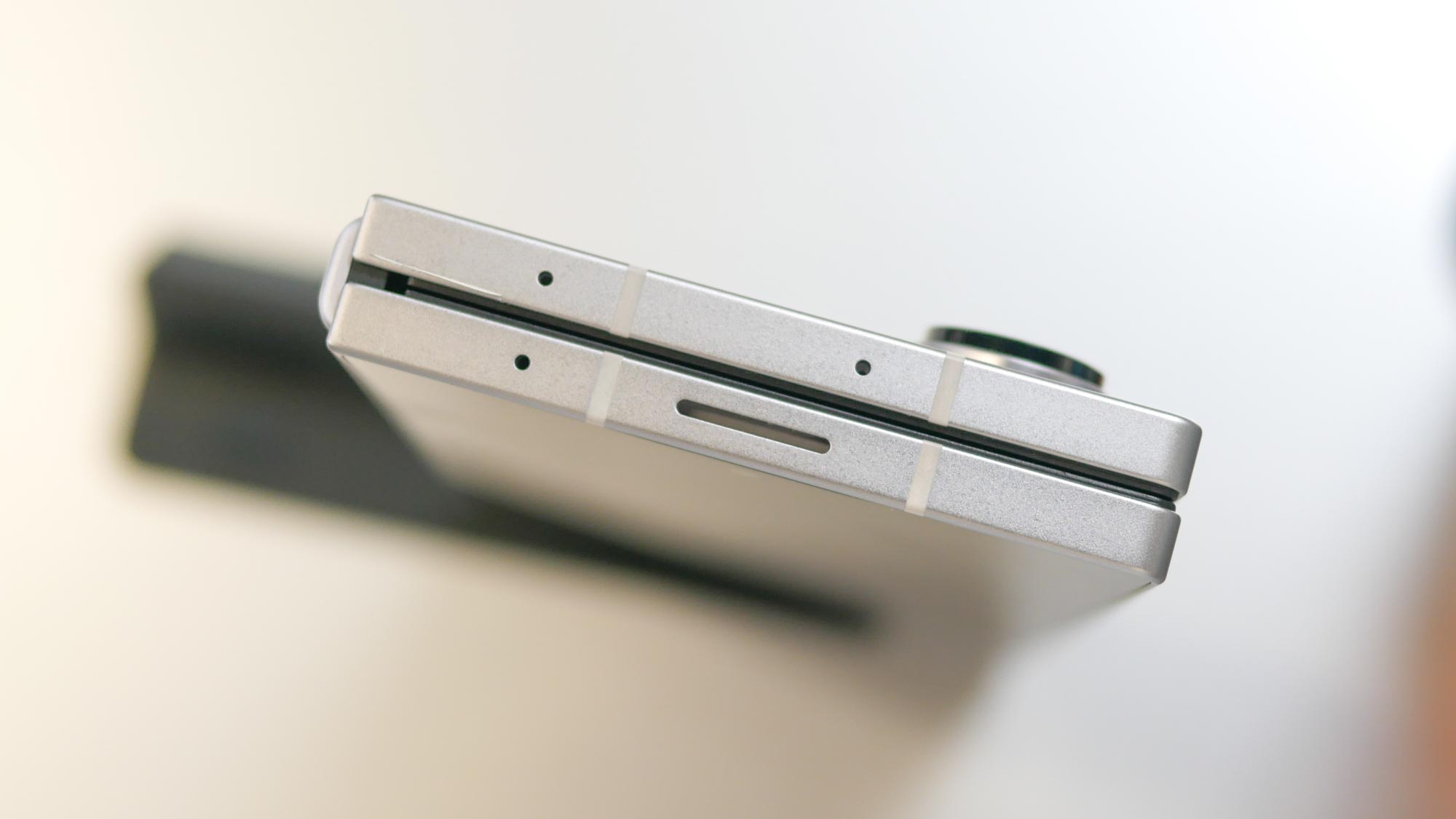
We're going to need to run our battery test on the Galaxy Z Flip 6 to see how long it lasts on a charge, but all signs point to some positive improvements here. For starters, the Galaxy Z Flip 6 uses a Snapdragon 8 Gen 3 processor. Not only does that system-on-chip deliver top performance, it's also proving to be adept at managing power. Phones running on a Snapdragon 8 Gen 3 tend to last a long time on a charge.
In addition, Samsung also found space inside the Galaxy Z Flip 6 to fit in a larger battery than before. The 4,000 mAh power pack in the new phone is 7.5% larger than the one inside the Galaxy Z Flip 5. The bigger battery and more efficient chipset should improve upon that older phone's just-about average time of 9 hours and 53 minutes on our battery test.
The days of foldables skimping on battery life are over, and the Galaxy Z Flip 6 appears poised to join the mix of foldable phones that last longer than before.
A colorful design
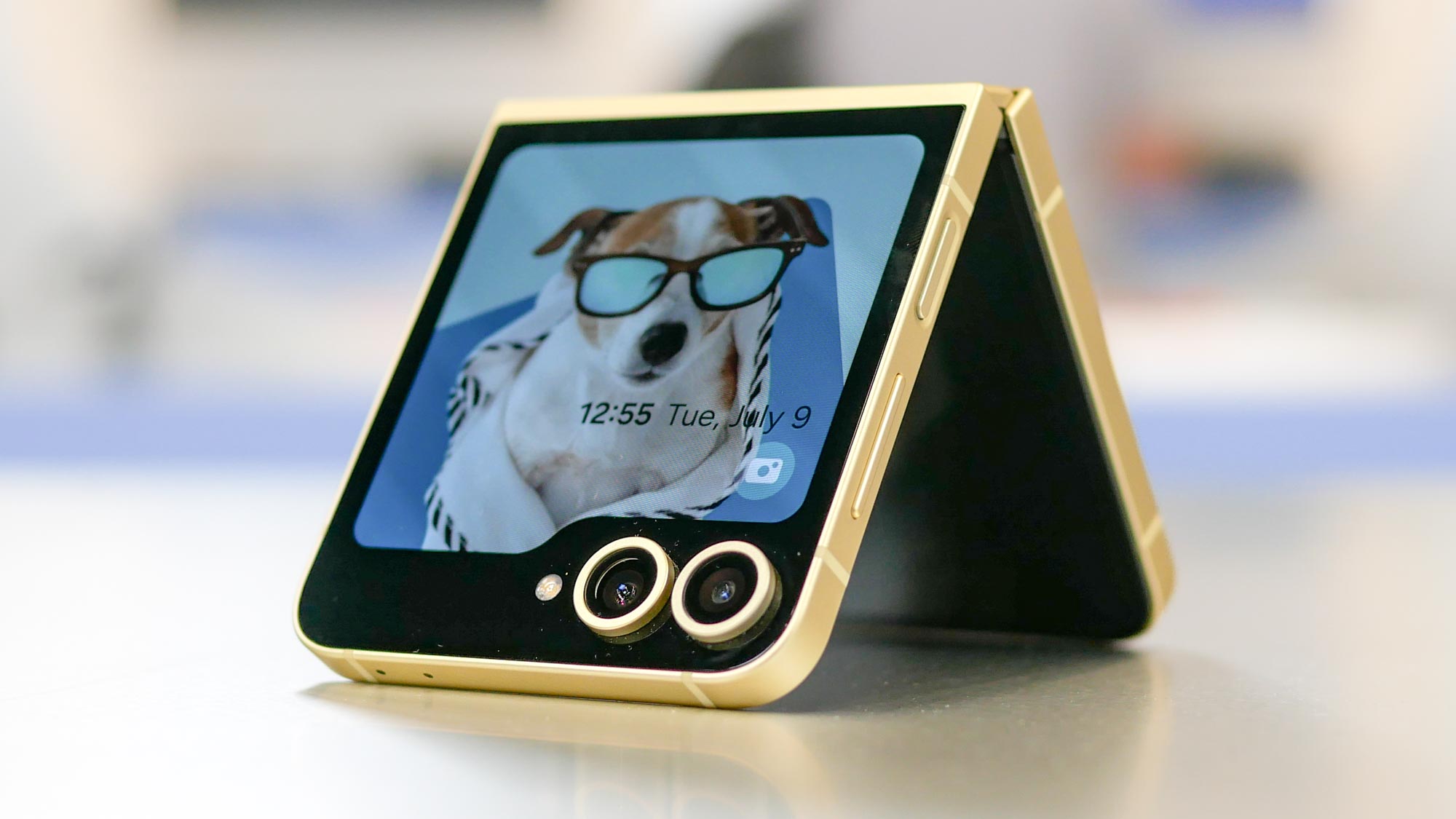
My colleague John Velasco has gotten a chance to play around with some different models in the Galaxy Z Flip 6 lineup, and he's impressed with this year's selection of colors — Silver Shadow, Yellow, Blue and Mint. (You can also opt for black, white or peach versions of the Galaxy Z Flip 6 if you order your phone through Samsung.) These pastel colors add to the sense of playfulness that makes a foldable flip phone such an appealing design.
But Samsung takes things up a notch, with some sophisticated design touches. It accents the outlines of the camera lenses with the same color as the body of the phone. The result, John says, is a pleasing contrast that further distinguishes the Galaxy Z Fold 6 from other handhelds.
Cool Galaxy AI features
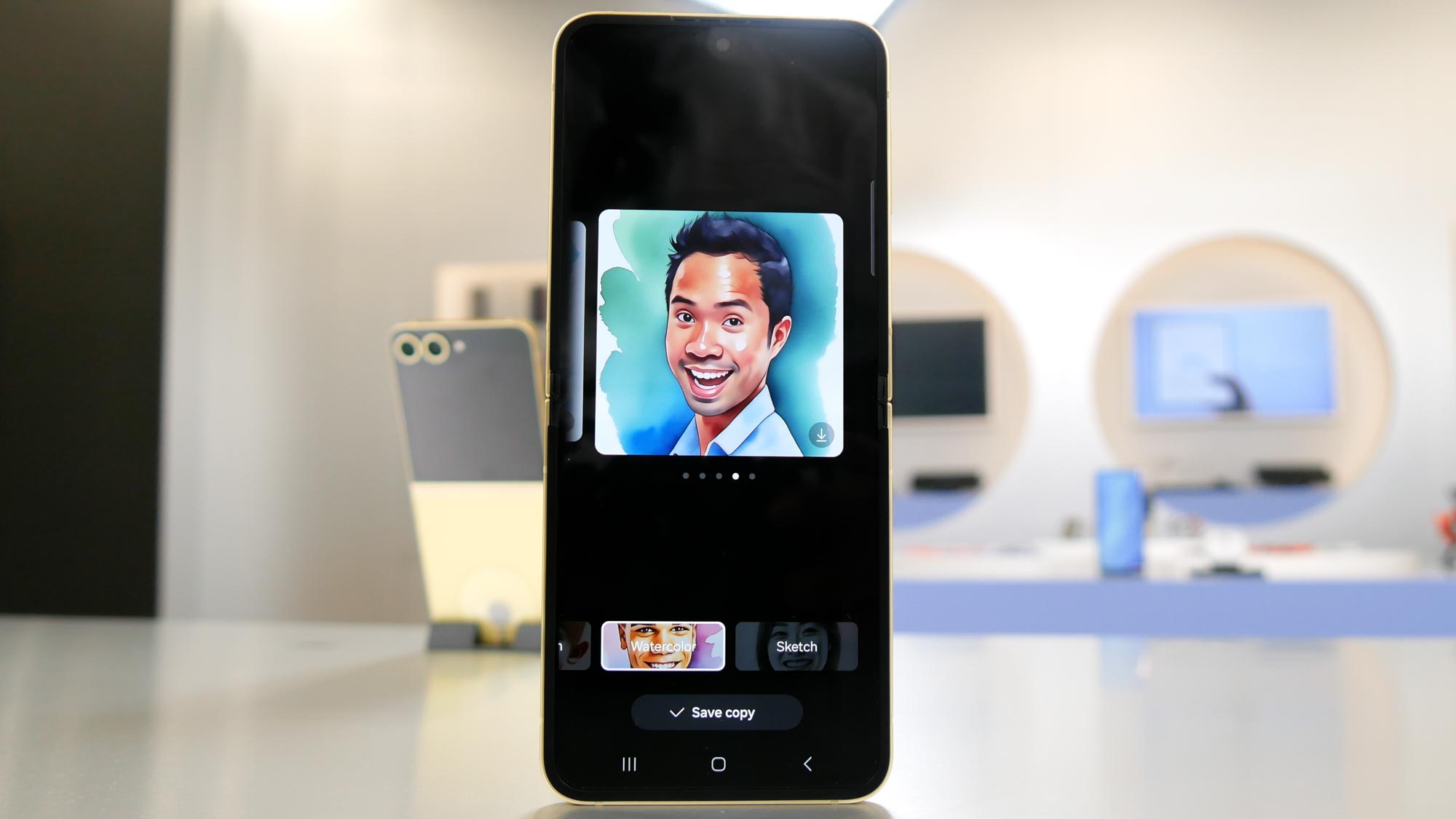
Galaxy AI introduced some clever tools as part of the Galaxy S24 launch earlier this year, with software updates extending those AI-powered capabilities to other recent Samsung devices. And those existing features — Circle to Search, Instant Slow-Mo and tools for summarizing notes and audio recordings, to name just a few — are included with the Galaxy Z Flip 6.
But Samsung's foldable picks up some new Galaxy AI tricks, including a few that take advantage of the phone's unique design. Suggested Replies, for example, takes the Chat Assist feature and optimizes it for the Flip's cover screen, so that you can reply to texts quickly, without having to flip open the phone. Interpreter Mode takes advantage of both screens on the Galaxy Z Flip 6 so you can have a real-time conversation with a person speaking a different language, with translated transcripts showing up on each display.
A Photo Assist feature in the Gallery app of the Galaxy Z Flip 6 converts images into sketches and cartoons, while the Photo Ambient tool makes adjustments to your wallpaper based on the time of day and the weather. Some of these tools sound more practical than others, but it's clear that Samsung is not scaling back its AI ambitions, and the Galaxy Z Flip 6 benefits from that.
Lengthy software support
Samsung started offering seven years of software and security updates with the Galaxy S24 release this year, and now it's extending that policy to include it's latest foldables. That means you could, in theory, still be using the Galaxy Z Flip 6 as a new decade dawns, extending the phone's value. And you'll want to squeeze as much value as possible out o the Galaxy Z Flip 6 for reasons we're about to get into.
Galaxy Z Flip 6: Reasons to skip
It costs more than before
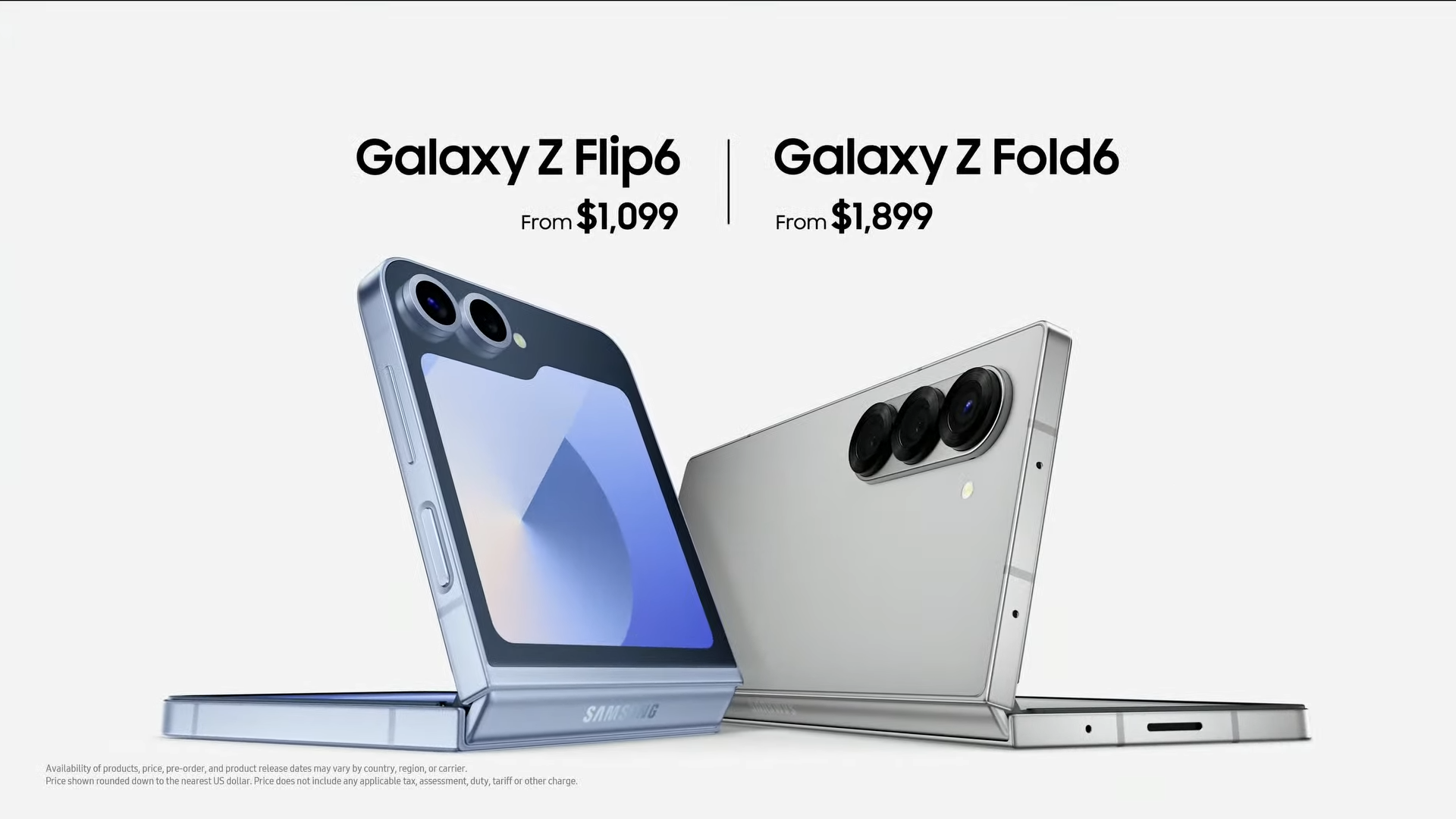
You would have paid $999 for a Galaxy Z Flip 5 last year, allowing you to sneak under that all-important $1,000 threshold to get your hands on a Samsung foldable. There's no such luck with the Galaxy Z Flip 6 — Samsung raised the price by $100 to $1,099 for the entry-level 256GB model.
That price hike stings, not only because of the minimal hardware improvements beyond the upgraded main camera and move to the Snapdragon 8 Gen 3 chip. It also comes at the same time Motorola managed to keep the price of its competing foldable phone, the Razr Plus, at $999. If you don't mind sacrificing some processing power, you could even grab the standard Motorola Razr (2024) for $699.
Yes, preorder deals can help you save money with trade-ins, and Samsung is bumping up the storage to 512GB at no extra cost for Galaxy Z Flip 6 preorders. But the bottom line is you're paying more for the Galaxy Z Flip 6 than you have for Samsung's flip phone in quite some time.
The cover display remains the same size
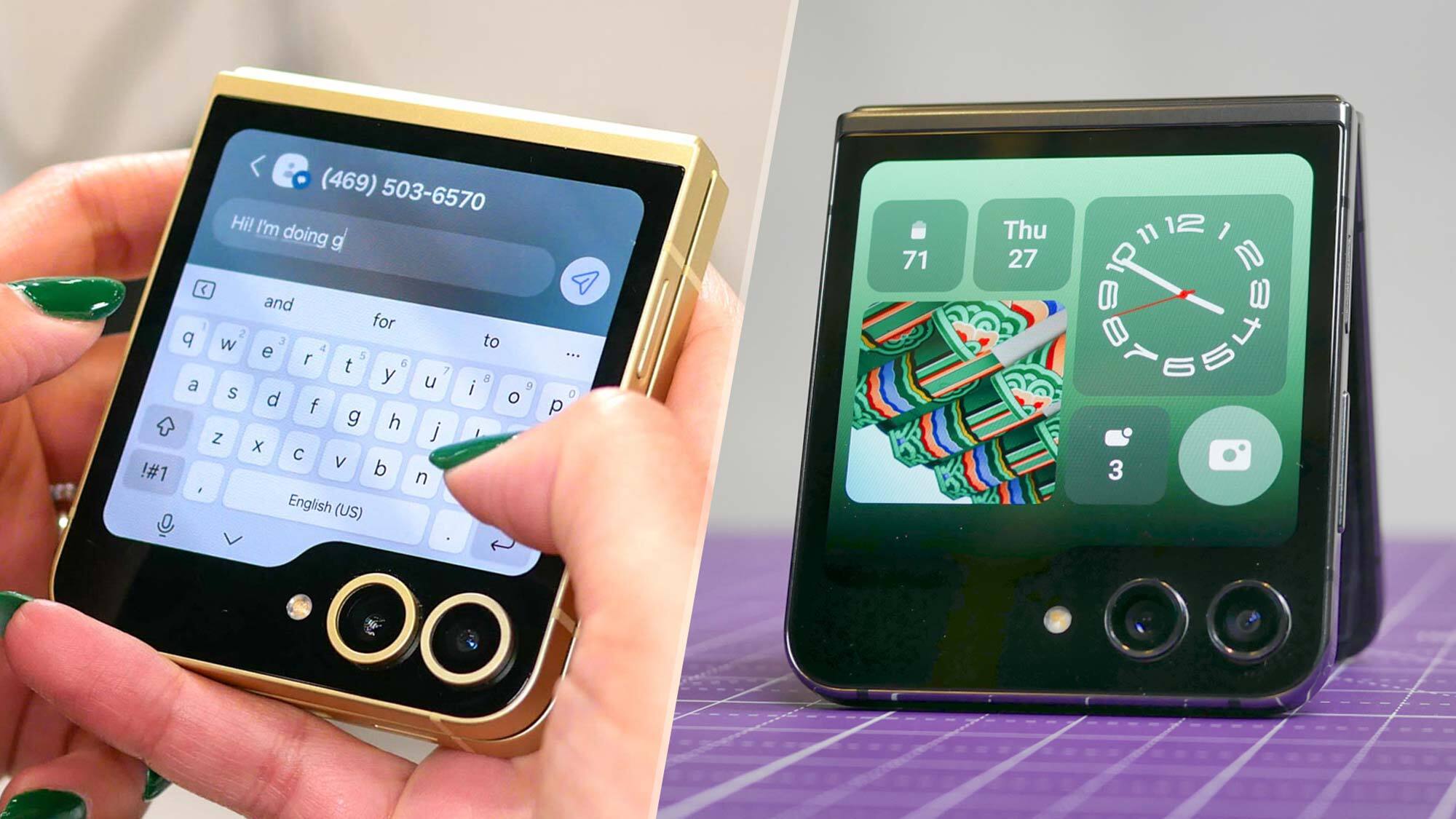
Speaking of hardware changes, Samsung had been tipped to boost the cover screen on the Galaxy Z Flip 6 to 3.9 inches, which would have provided more room for apps to run natively on the exterior display.
Alas, that hasn't happened — the Galaxy Z Flip 6's cover screen is still 3.4 inches and still not able to run more apps natively like the Motorola Razr Plus does. It's nice that the Z Flip 6 supports Galaxy AI features on that cover screen, but Motorola still offers a fuller experience.
Pedestrian charging speeds
For a phone that commands a premium price, you'd imagine that the Galaxy Z Flip 6 might let you charge the phone faster than it does. But this new phone remains stuck at 25W charging speeds, so filling up your battery could take some time.
It's a particularly noticeable shortcoming when you look at how other Android phones embrace faster charging speeds. The Motorola Razr Plus (2024) supports 45W charging, leaving the Galaxy Z Flip 5 well behind when it's time to charge up your device.
Samsung charges a premium price for the Galaxy Z Flip 6 – especially after the price hike. Its features should reflect a premium experience, even when it comes to charging.
Galaxy Z Flip 6 outlook
We're still testing the Galaxy Z Flip 6, so a full recommendation will have to wait. Right now, the phone seems ideal for anyone with an older device who would benefit from the better cameras and included AI features, especially if they don't mind the extra cost of this year's model. Anyone looking for bigger improvements may want to hold off on an update for now.
More from Tom's Guide
Sign up to get the BEST of Tom's Guide direct to your inbox.
Get instant access to breaking news, the hottest reviews, great deals and helpful tips.
Philip Michaels is a Managing Editor at Tom's Guide. He's been covering personal technology since 1999 and was in the building when Steve Jobs showed off the iPhone for the first time. He's been evaluating smartphones since that first iPhone debuted in 2007, and he's been following phone carriers and smartphone plans since 2015. He has strong opinions about Apple, the Oakland Athletics, old movies and proper butchery techniques. Follow him at @PhilipMichaels.

